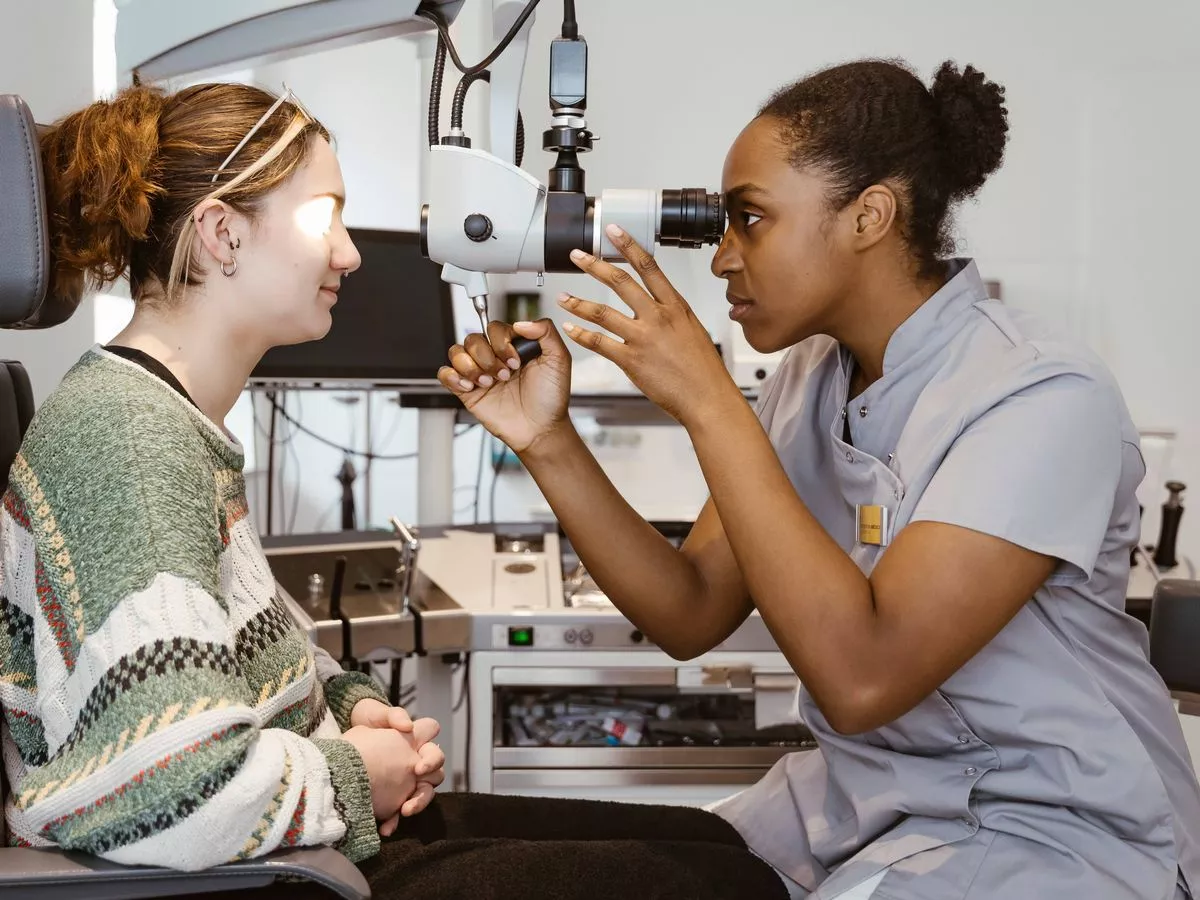Copyright mirror

The NHS has issued a warning to Brits who rely on glasses or contact lenses, alerting them to the risk of two common eye conditions they might not be aware of. Astigmatism, as explained by health officials, often results in "blurry vision." This condition is typically managed with glasses or contact lenses, meaning people who wear these are more likely to have the eye issue. However, there's also a chance that those affected may have another condition closely linked to astigmatism. In a bid to raise awareness about this, the NHS explained that having astigmatism means your eye is shaped more like a rugby ball than a football. The main symptoms of astigmatism are blurred vision, headaches and eye strain. You may notice this after concentrating for a long time, such as when using a computer. The NHS further explained that this rugby shape causes light to focus at multiple points within the eye. While this condition doesn't always need treatment, professionals have outlined several measures that can help, including wearing glasses, using contact lenses, and even undergoing laser surgery. Of course, these options aren't suitable for everyone, and each comes with its own set of pros and cons, reports the Daily Record . Pros Cons Pros Cons Pros Cons Astigmatism often coexists with short-sightedness or long-sightedness. When it affects only one eye, it can sometimes lead to a lazy eye, which develops when vision doesn't form properly. The NHS advises that if you are experiencing astigmatism symptoms or haven't had an eye check in two years, you should book an appointment with your optician. The health service warns that astigmatism can be linked to an eye condition called keratoconus. Therefore, it's essential to undergo regular eye tests. Specsavers UK said: "Keratoconus happens when the cornea (the round, clear front part of the eye) starts to weaken and thin at its centre, causing it to become irregular (or coned) in shape. Eventually, this prevents the eye from focusing properly, which causes poor vision." Keratoconus often affects both eyes, and the symptoms can differ from person to person. In its early stages, keratoconus symptoms can include: In a small number of cases, keratoconus continues to progress. Symptoms include: During the early stages, your optometrist may suggest glasses or contact lenses as a treatment option. However, if the condition worsens, you may need to be referred to a corneal specialist for further treatment options based on its severity. You're entitled to a free NHS sight test if you: You're also entitled if you or your partner – including civil partner – receive, or you're under the age of 20 and the dependant of someone receiving: People named on an NHS certificate for partial help with health costs (HC3) may also get help with the cost of a private sight test. You can find out more about whether you are entitled to a free NHS eye tests and optical vouchers here .



